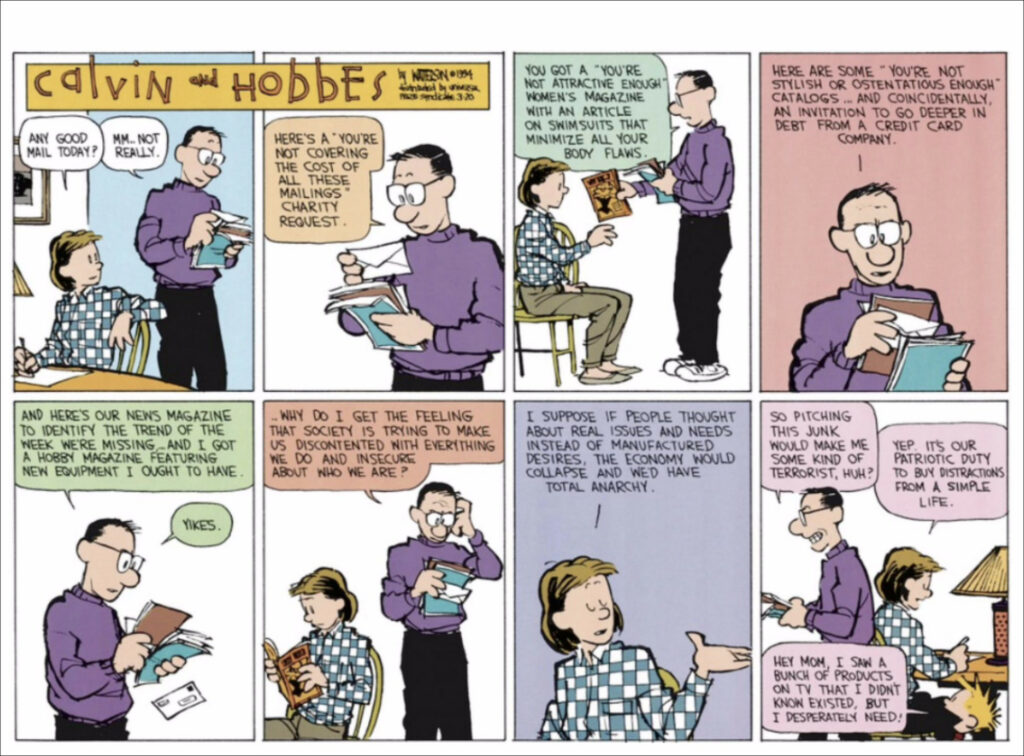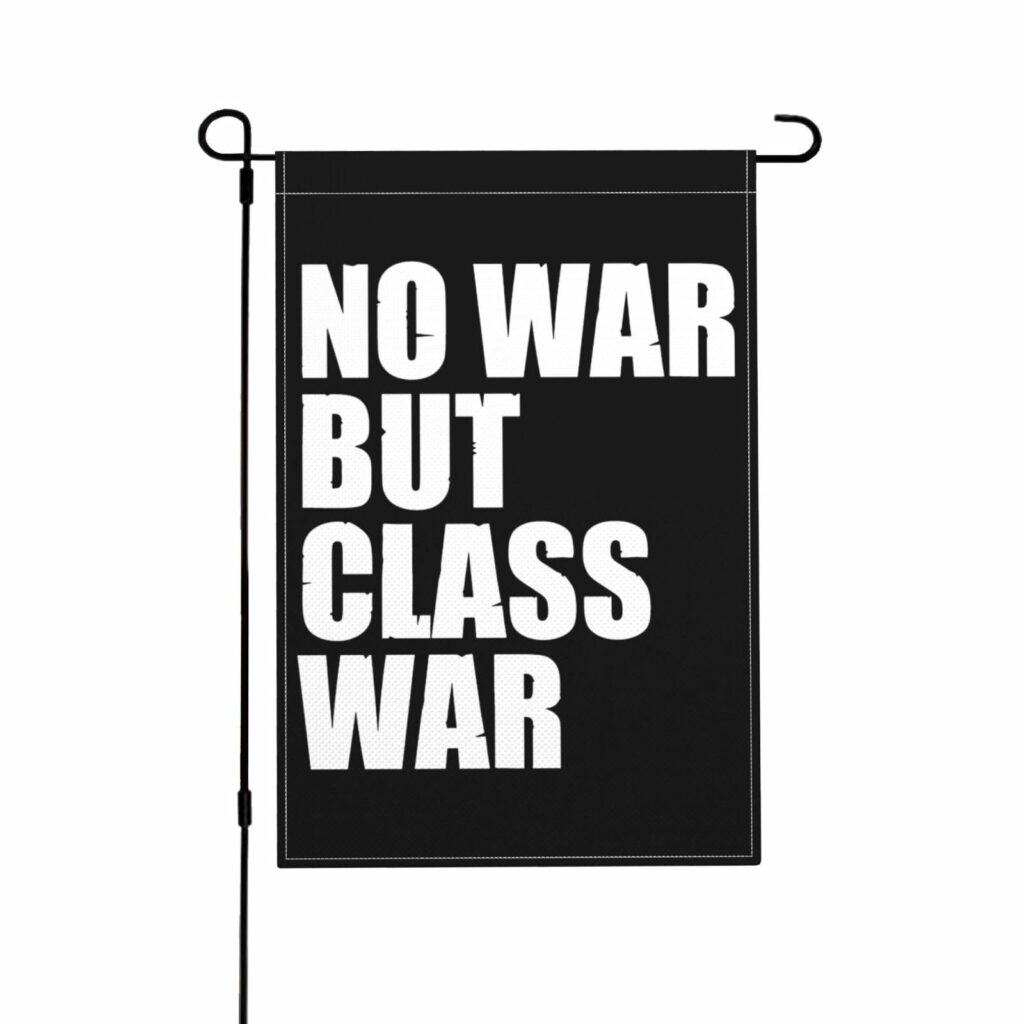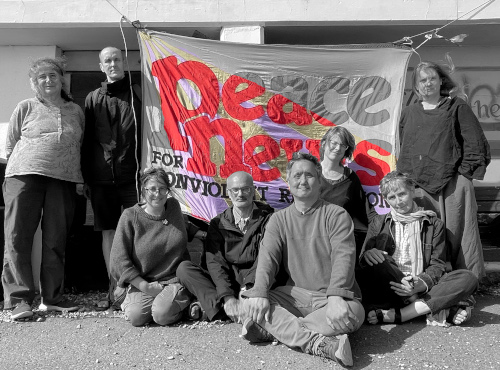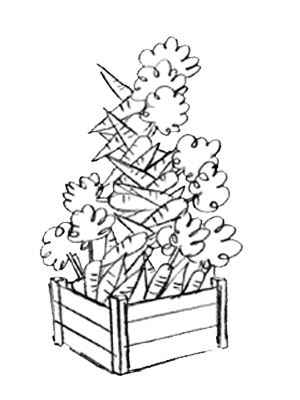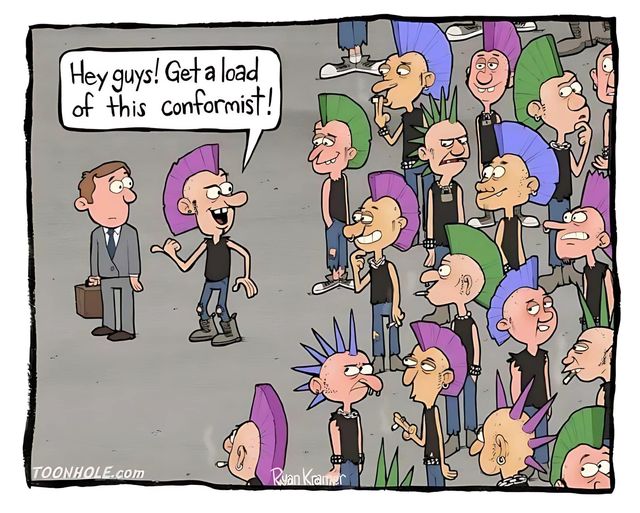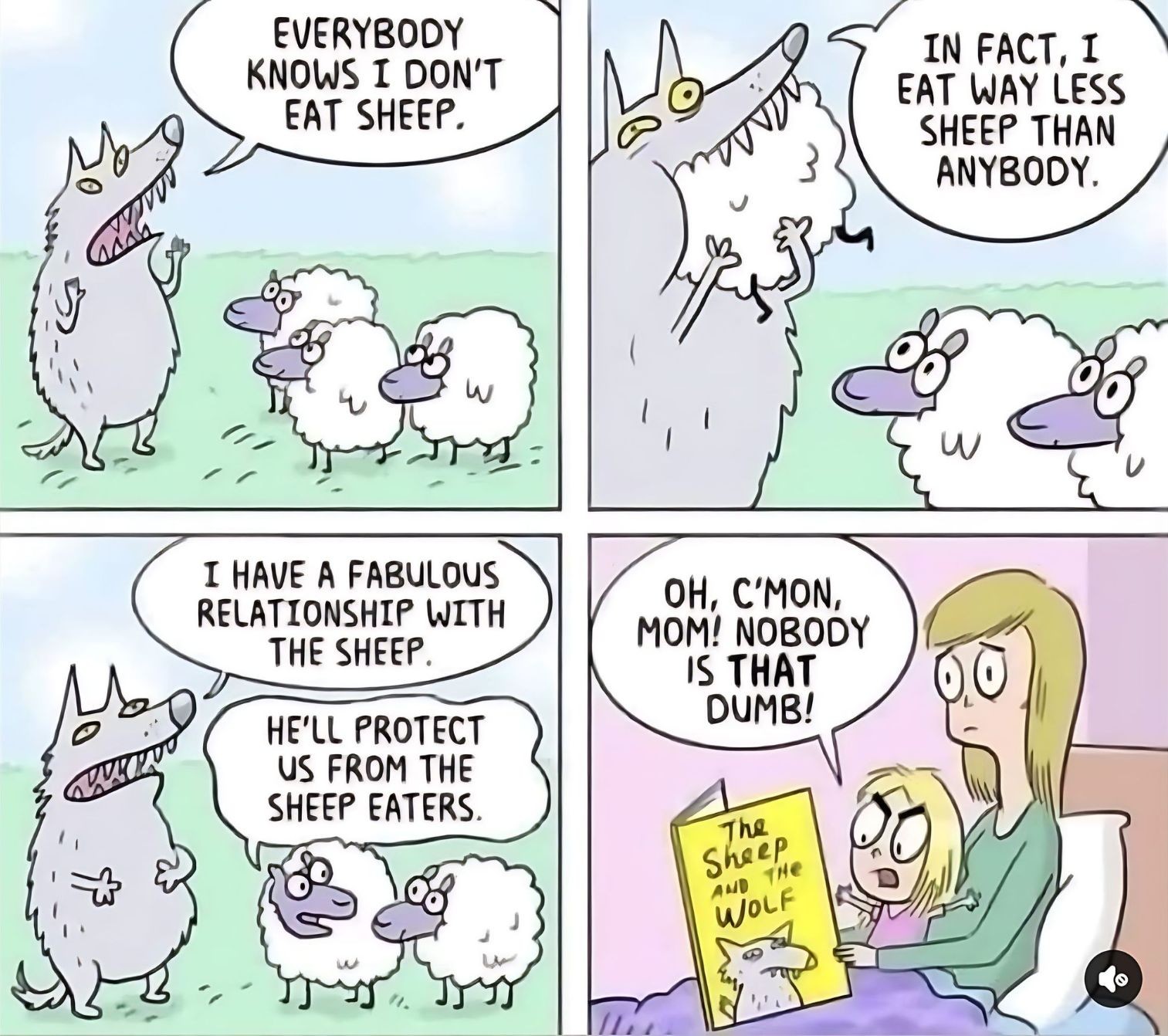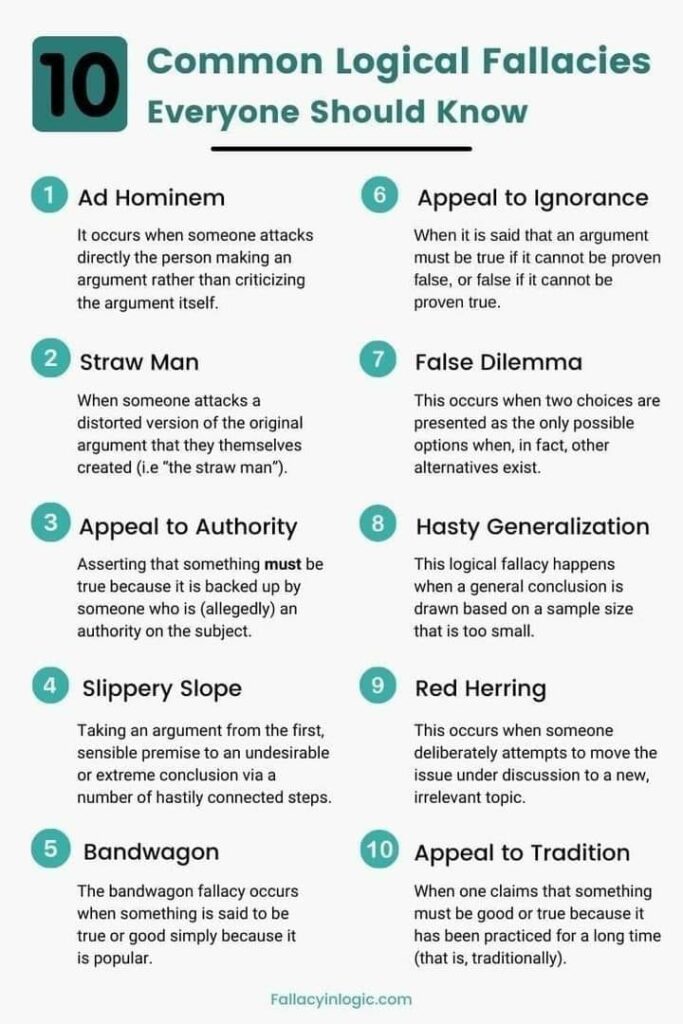Many years ago, I stopped going to most tech events and supporting “ethical” business. the #NGO tech events are mere talking shops, spaces filled with endless discussions but no outcomes. They suck up time, energy, and focus, acting as gatekeepers that reinforce the status quo while masquerading as spaces of change. These events are part of a semi-hidden #deathcult, worshiping, the failing structures of the present rather than imagining and building of alternatives. Next time you see one of these events pop up in your feed, ask yourself: Is this contributing to actual change, or just taking up space?
Then we have the same problem with the way people, too often, set up “soft green alt businesses” that can’t “pay their way” within the current capitalist system. If you can’t challenge capitalism’s rules, why not consider working to overthrow them first? Only then will we have the non “pay-to-play” spaces where real alternative projects can grow.
We got into this mess by accommodating these structures rather than challenging them. As Marx said:
“Men make their own history, but they do not make it as they please; they do not make it under self-selected circumstances, but under circumstances existing already, given and transmitted from the past. The tradition of all dead generations weighs like a nightmare on the brains of the living. And just as they seem to be occupied with revolutionizing themselves and things, creating something that did not exist before, precisely in such epochs of revolutionary crisis they anxiously conjure up the spirits of the past to their service, borrowing from them names, battle slogans, and costumes in order to present this new scene in world history in time-honoured disguise and borrowed language.” Karl Marx, The Eighteenth Brumaire of Louis Bonapart
In simple words, we must be realistic about the conditions we face but also bold in our strategies to change them. To take this path, we need to navigate past the blocks of power politics, the stupidity, fear, control freakery, cowardice, and overwork that consistently stymie technological and social change. It’s past time to move aside from this mess. We need to reclaim the focus and energy wasted on maintaining the current failing systems and redirect/balances this to building #openweb and resilient #community spaces for change and challenge.
A #KISS step is compost the #techshit to create space to build networks based on #4opens—#OpenData, #OpenSource, #OpenProcess, and #OpenStandards. In the current #fediverse the pathways are there; it’s up to us to walk them.
You likely need a shovel #OMN
let’s recap, as you likely missed half the story the first time round. This speaks directly to the core of why meaningful change is so hard to achieve within the current mess of tech and “ethical” business. Most #NGO tech events, which claim to be about fostering change and innovation, have become places of inertia. They are “talking shops” paths where people discuss endlessly with no concrete action or achieving “real “native” outcomes. These spaces take up limited time, energy, and focus, which could be directed toward building real alternatives. They are gatekeepers, reinforcing the status quo while pretending to be progressive and transformative.
These paths only “exist” if they play by the rules of capitalism, rules that are designed to extract value rather than support meaningful, sustainable alternatives. So, instead of challenging these rules, people waste time trying to work within them, missing the bigger picture. If we want to create real change, we need to challenge the foundations of the system itself, not simply try to adapt to it.
Marx’s quote emphasizes that while people make their own history, they do so within the constraints of circumstances handed down from the past. In other words, we carry the weight of outdated structures and ideologies that continue to stifle transformation. The history of failed strategies and the perpetuation of ineffective methods weigh us down, preventing us from taking different paths to different possibilities.
The power dynamics within these spaces—be it #NGO tech events and “ethical” businesses are filled with control, fear, overwork, and cowardice, which block progress. Real change is movement beyond this mess, to reclaim energy wasted propping up failing systems, to redirect it toward building #openweb and resilient communities to use this freed up space for change and challenge. The #fediverse and other decentralized networks already provide pathways; we just need to be brave enough to walk them.
In short, this matters, for a radical shift in focus from superficial actions to systemic change to compost the #techshit and build truly transformative from the ground up. And yes, we need a shovel #OMN.
